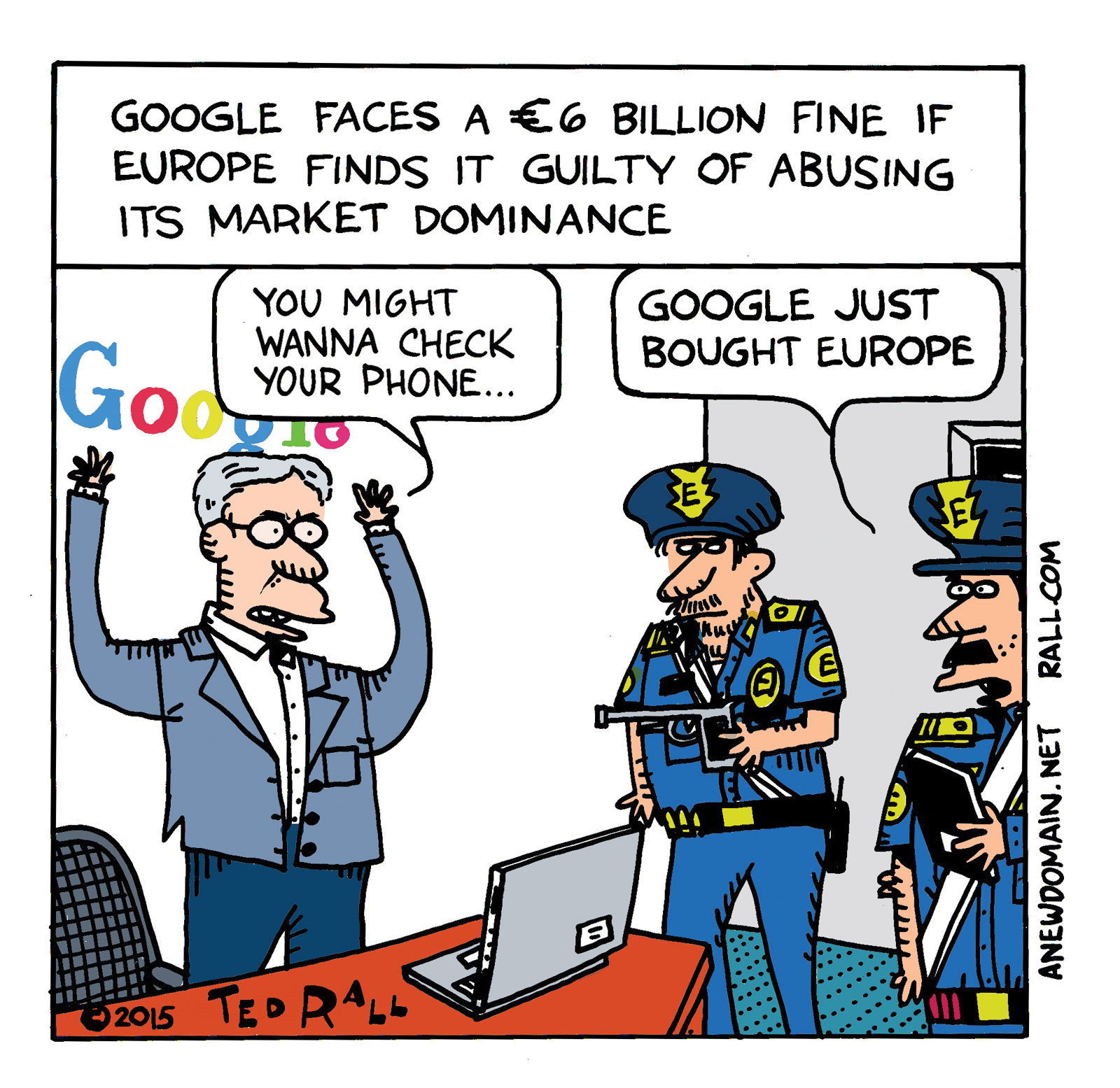
Imagine that there was another revolution. And that nothing big had changed. Demographics, power dynamics, culture, our economic system and political values were pretty much the same as they are now. If we Americans rolled up our sleeves and reimagined our political system from scratch, if we wrote up a brand-new constitution for 2017, what would a brand-spanking-new United States Version 2.0 look like today?
A lot of stuff would be different. Like, there wouldn’t be an electoral college. (Only a handful of countries, mainly autocracies in the developing world, do.)
There probably wouldn’t be a Second Amendment; if there were, it would certainly be limited to the right to own pistols and hunting weapons. And the vast majority of gun owners believe in regulations like background checks.
Does anyone believe we would choose the two-party duopoly over the multiparty parliamentary model embraced by most of the world’s representative democracies?
Our leaders fail us in innumerable ways, but perhaps their worst sin is to accept things they way they are simply because that’s the way they have always been. Whether in government or business or a family, the best way to act is determined by careful consideration of every possibility, not by succumbing to inertia. Don’t just imagine — reimagine.
We live in the best country in the world. That’s what our teachers taught us, our politicians can’t stop saying (even the critical ones), and so most Americans believe it too.
But it isn’t true, not by most measures.
Americans suffer from drastic income inequality, massive adult and child poverty, an atrocious healthcare system, higher education affordable only to the rich, blah blah blah. Plus the candidate who gets the most votes doesn’t necessarily get to be president. It doesn’t have to be this way. We just need a little imagination.
Probably because I have a foreign-born parent and thus dual citizenship, and also because I have been fortunate enough to visit a lot of other countries, I bring an internationalist perspective to my political writing and cartoons. Like RFK I don’t accept things how they are. I imagine how things could be. Why shouldn’t we learn from China’s ability to build infrastructure? Why can’t we improve food quality standards like the EU? Aiming for the best possible result ought to be the standard for our politicians. For citizens too.
New New York Times columnist Bret Stephens called for repealing the Second Amendment following the recent mass shooting in Las Vegas. His piece made a splash because he’s a conservative. Setting aside whether banning guns is a good idea, no one followed his suggestion to its logical conclusion: it won’t happen. Not just because guns are popular (which they are), or of the influence of the NRA’s congressional lobbyists (who are formidable), but because it’s impossible to amend the constitution over any matter of substance. In fact, the U.S. has the hardest-to-amend constitution in the world.
Girls can join the Boy Scouts and women can fight our wars, yet we live in a country that never passed the Equal Rights Amendment. We The People have moved past our ossified, stuck-in-1789 Constitution.
So has the rest of the world. In days of yore, when the U.S. was still that shining city on a hill, newly independent nations modeled their constitutions on ours. No more. Rejecting our antiquated constitution because it guarantees fewer rights than most people believe humans are entitled to, freshly-minted countries like South Sudan instead turn to documents like the European Union Convention on Human Rights and the Canadian Charter of Rights and Freedoms.
Other nations replace their constitutions completely an average of every 19 years. By global standards, our 228-year-old charter is ancient. More recent constitutions cover the right of every citizen to education, food and healthcare. Unlike ours, they guarantee the right of defendants to be considered innocent until proven guilty.
I’m not suggesting that we convene a second constitutional convention. Not now! Two hundred twenty-eight years ago they had Thomas Jefferson and James Madison; we have Nancy Pelosi and Paul Ryan. This political class isn’t fit to rubberstamp a routine raising of the debt limit, much less figure out how this More Perfect Union could become new and improved.
I’m saying: it’s time to shed the illusion of the U.S. as some cute wet-behind-the-ears nation-come-lately. The frontier has been conquered. Even though 97% of Puerto Ricans want in, there will be no new states. In spirit and by chronology we are old, old as the hills, old like Old Europe, and we’ve gotten stuck in our ways. If we don’t want to get even more fogeyish and dysfunctional and incapable of progress, we have got to consider things with fresh eyes.
Look at a map. Would anyone sane divide administrative districts into 50 states whose populations and sizes varied as much as inconsequential Delaware and ungovernable California?
Citizens of Washington D.C. can’t vote in presidential or gubernatorial elections. Why the hell not?
You can fight and kill in the military at age 18. But you can’t drown your PTSD in beer before age 21. And you can’t rent a car until you’re 25. WTF?
Oh, and we can probably do away with that part of the Bill of Rights about not having to billet troops in your home.
(Ted Rall (Twitter: @tedrall) is author of “Trump: A Graphic Biography,” an examination of the life of the Republican presidential nominee in comics form. You can support Ted’s hard-hitting political cartoons and columns and see his work first by sponsoring his work on Patreon.)

 At this writing, securities markets and the international community are reeling at the news that British voters have opted to leave the European Union. The “
At this writing, securities markets and the international community are reeling at the news that British voters have opted to leave the European Union. The “
